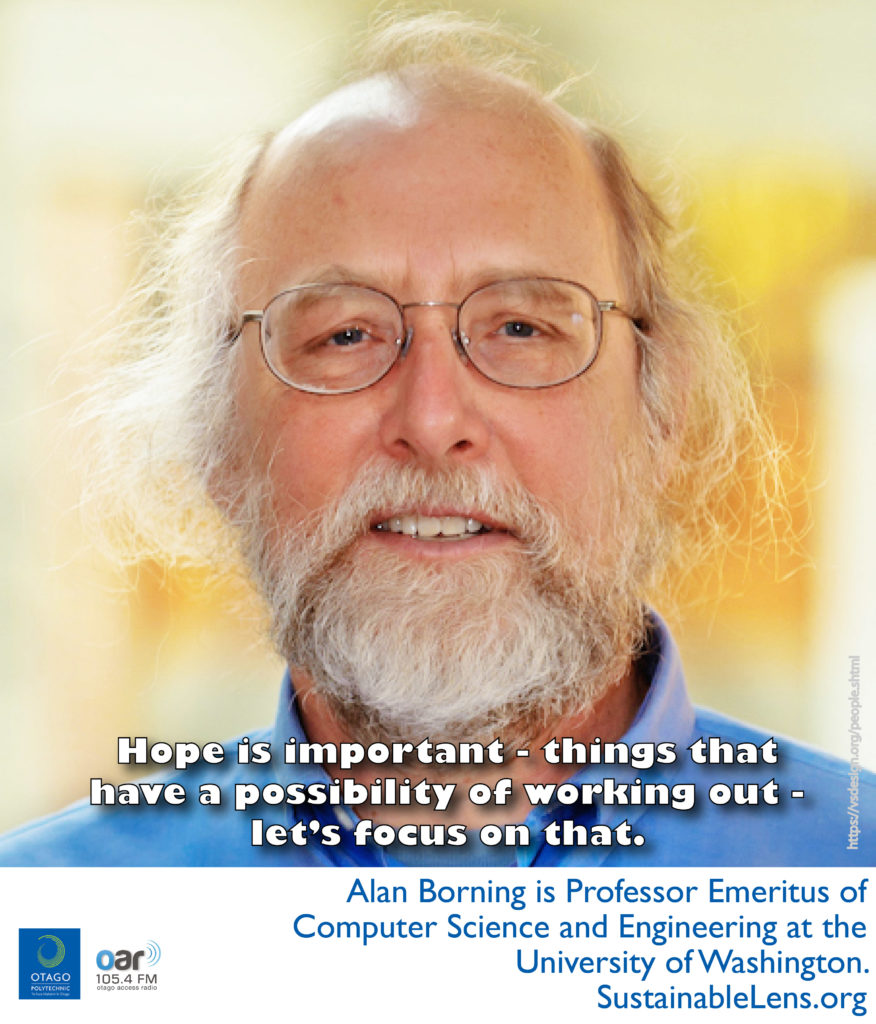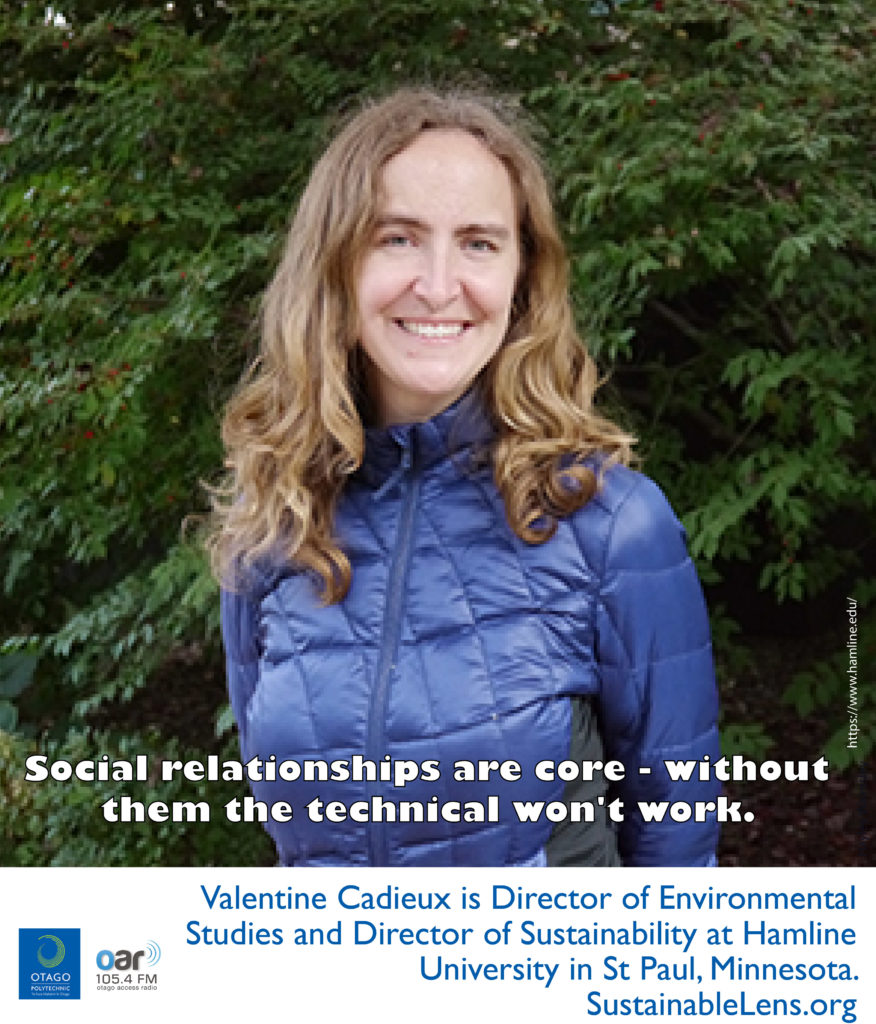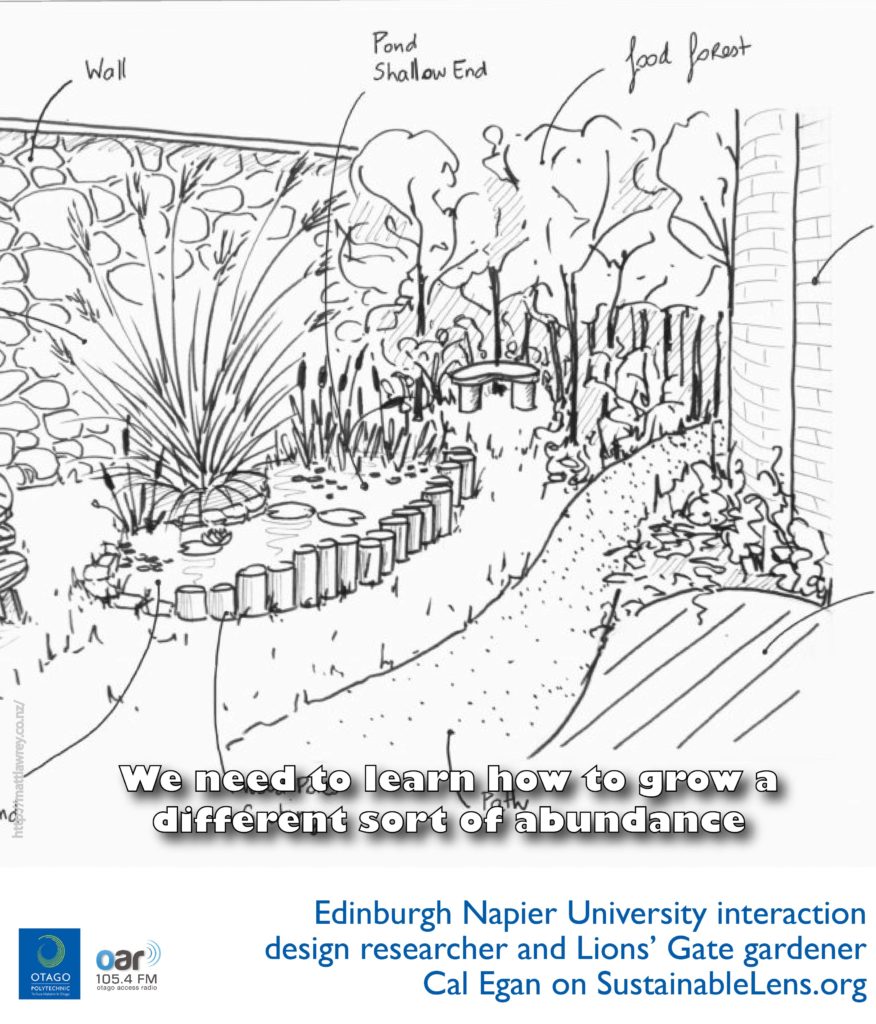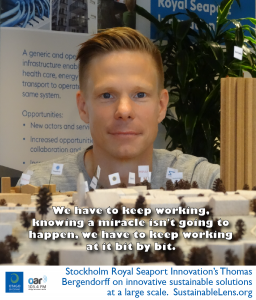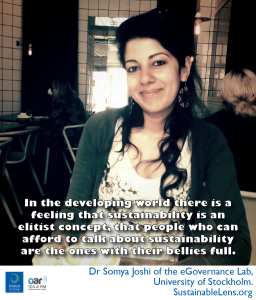
There is a sense of double standards, sustainability should be a global concept, it shouldn’t be hypocritical in the sense that you have one set of standards that apply to the developed world and another to the developing.
Dr. Somya Joshi is with the eGovernance Lab within the Department of Computer Science at the University of Stockholm. She specialises in technological innovation, particularly in how it translates into transparency in governance, education, & environmental conservation within the developing world. She has worked extensively in the field where policy making and citizen participation intersect. She is currently working on analyzing the impact of new social media tools that enable citizens to participate in democratic processes, both in Africa in Europe.
Some terms you might not be familiar with: HCI Human Computer Interaction, ICT4D Information and Communication Technology for Developement, ICT4S ICT for Sustainability.
We ask if does openness = democracy? and does democracy = sustainable? and what is the role of information technology in this?
Talking points
Quite early on I was fascinated by how our own relationships with our world are changing, and changing because of technology mediation.
Is sustainability part of the philosophy of people (in India)? I would argue that it used to be, up to a time when everything got scaled up. Now with enormous populations, Sustainability always takes a back seat. The rhetoric of development is all about economic progress, and environmental sustainability is just such a low priority
A fear of being left behind. Having a lifestyle your parents or grandparents couldn’t. Why should we make a sacrifice when people in the West haven’t? It feels patronising getting told about sustainability from a European or North American who haven’t followed what they are preaching now.
It’s a short term perspective versus a long term, in the short term sustainability doesn’t feature anywhere because its all about how quickly you can enjoy a lifestyle which others are. But in the long term perspective, countries like India are actually hurting themselves…they are depleting their own resources at rate that is unprecedented.
But on an individual, family level, why shouldn’t we have car when that is not even questioned in the US?
The economy is based on certain resources that are taken for granted now, but your children will not have time to enjoy them.
When I think of Sustainability and education in a place like India, it’s not just about environmental sustainability, it’s also social sustainability, where certain very basic things need to be taught about equality.
We often see technology as a one stop solution. We get technology physically to children but there is often no real though about what happens next – about behavioural change.
The lack of political will to change the power dynamic – you’ll find in Europe as much as in Africa. The difference is Europe has a longer tradition politicians needing to make decisions transparent – up to a point of course.
Greater transparency does not always equal greater accountability.
To be on equal footing with politicians and hold them accountable, citizens need the capability to participate in the dialogue. To come into the space as an equal…
Participation can become quite tokenistic, ticking a box ‘we consulted people’. You have to have a plan…bring everybody to as much the same capability as you can…
The first stage is building capability, so that people can participate in a meaningful way
Technology should be able to give meaningful choices to people, not restrict choices
In the developing world there is a feeling that sustainability is an elitist concept, that people who can afford to talk about sustainability are the ones with their bellies full.
There is a sense of double standards, sustainability should be a global concept, it shouldn’t be hypocritical in the sense that you have one set of standards that apply to the developed world and another to the developing.
A focus on human behavioural change will have the most impact in bring about any long term meaningful change
We’ve seen innovative ways of using technical solutions – they are great and a must – but we shouldn’t limit ourselves to thoats say “right, our consumption is going to carry on the way it is” and we won’t ever put ourselves out of comfort zone, we’ll just find a technical solution to fix it.
Sustainability should be about getting out of your comfort zone, chnaging your own patterns and behaviour to put less pressure on the planet. (which is hard if you’re not in the comfort zone). Exactly, and the first world has been in that comfort zone a long time, and they’re in no mood to let go of that.
The best initiatives leapfrog barriers.
Collaborative technologies…the arduino revolution
The focus is always how to design a technology then how to find a problem to fit around it. There’s a lot less critical discussion on how behavioural practices can be changed. Technical parameters are easy to define, human ones not so much.
Sustainability has to have meaning for that audience, it is not something imposed from above. If it is participative, if it has meaning for that community, then it has greater impact and outcome.
Voluntourism is OK if there to engage, and not paternalistic.
Motivation: nature not exotic thing, it is part of our everyday lives, we are totally dependent on it.
Activist: Yes, extreme (my colleagues think I’m), willing to get off plane of theoretical understanding and applying it in your everyday life, and being consistent with that. We have so many inconsistencies, we can be strongly motivated by sustainability, but our everyday life choices decisions and life practices don’t support that. It becomes about practicing that and supporting that at every level of your life. It is inconvenient, it is about getting out our your comfort zone, but we’re at a stage where we can’t not do that.
Challenges: making more political, why people have differential access.
A lot of the disrespect that exists today for nature and ecological factors is that people are so removed from it. There is a lot of taking for granted, overuse and abuse of the environment because people are so removed and disconnected from it.
Resources:
We talk about the work of Dr Andy Williamson (previous interview), and John Mann’s work in Cambodia (previous interview, EducatingCambodia.com).
SustainableLens apologises for the concrete mixer that appeared outside the window near the start of this interview. It goes away after a few minutes although returns right at the end.
